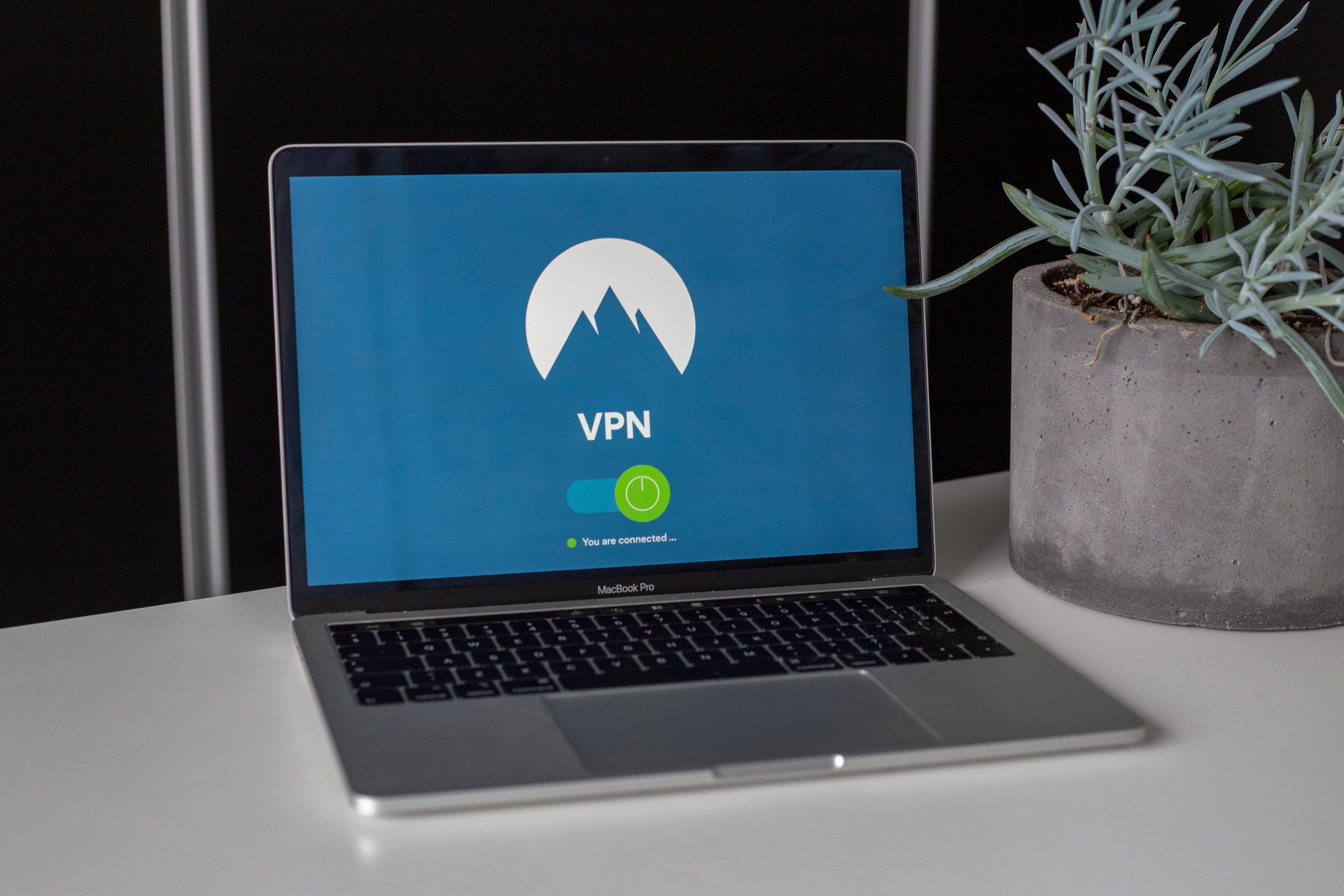Posted by: Aubrey Felix on July 16, 2025 at 3:04 pm

Photo by Pixabay
If you own a business in Southeast Michigan, whether it’s a dental office in Livonia or a small shop in Howell, cybersecurity might not be your top priority. But all it takes is one wrong click to turn that into your biggest problem. One of the simplest ways to protect your business is a properly configured firewall. But what is a firewall? Let’s talk about it.
What is Firewall?
A firewall is a security system that controls the flow of incoming and outgoing network traffic. It helps protect your business from unauthorized access, malware, and data theft by filtering what’s allowed in and out based on a defined set of rules.
Think of a firewall like a front desk security guard for your network. It checks the credentials of every piece of data coming in or going out. If something looks shady, it doesn’t let it through. It also keeps remote access and open ports from becoming back doors for hackers.
Without a firewall, your network is wide open to the internet. That’s a risk you can’t afford.
Firewalls Then vs. Now
The early firewalls from the 1980s were simple. They blocked traffic based on IP addresses or ports. Today’s next-generation firewalls are much smarter. They inspect traffic more deeply, spot suspicious behavior, and use real-time updates to block modern threats.
According to IBM’s 2024 Cost of a Data Breach Report, “the global average cost of a data breach is 4.9 million: a 10% increase over last year and the highest total ever.” A lot of those breaches start with something small, like a missed firewall update.
Types of Firewalls and Why They Matter
Not all firewalls are created equal. Here are the main types:
- Packet-filtering firewalls filter traffic based on IP addresses and ports.
- Stateful inspection firewalls track active connections and traffic patterns.
- Proxy firewalls act as a buffer between your network and the internet.
- Next-generation firewalls provide advanced threat detection, content filtering, and app control.
Next-generation firewalls also cover cloud services and hybrid setups, which is essential for modern businesses in Southeast Michigan. (Source: Cisco)
Hardware vs. Software: You Need Both
A lot of business owners assume the firewall in their router is enough. It’s not.
- Hardware firewalls protect the entire network from outside threats.
- Software firewalls monitor individual devices like desktops and laptops.
Both are important. Together, they give you layered protection.
Why Southeast Michigan Businesses Need a Firewall Now
- Small Businesses Are Big Targets
Hackers know most small businesses don’t have full-time cybersecurity staff. Firewalls are a frontline defense that stop threats before they reach your systems. - Compliance Requires It
Whether it’s HIPAA, CMMC, or PCI-DSS, having a firewall is non-negotiable. It’s part of every major compliance checklist. - Remote Work Creates New Risks
Employees working from home need secure access. A firewall with VPN support keeps those connections safe. - Downtime Hurts More Than Just the Bottom Line
Cyberattacks can delay orders, erode customer trust, and create chaos. A strong firewall helps keep you running smoothly.
Common Misconceptions
- “My router has a firewall.”
Most routers have only basic protections. They aren’t designed to block modern cyber threats or meet business-level compliance requirements. - “We’ve never had a problem.”
That doesn’t mean you’re safe. Attacks are automated and don’t care how big or small your business is.
What We Typically Recommend
At TAZ Networks, we help businesses across Southeast Michigan implement:
- Next-Generation Firewalls – With deep packet inspection, threat intelligence, and application filtering
- VPN Gateways – For secure, encrypted remote access
- 24/7 Monitoring & Alerts – To detect and respond to suspicious activity immediately
- Regular Firewall Reviews – Because “set it and forget it” is not a security strategy
Whether you’re using Microsoft 365, running legacy apps on a local server, or managing a hybrid setup, we make sure your firewall matches your setup.
How to Know If Your Firewall’s Doing Its Job
Ask yourself:
- Has your firewall been updated recently?
- Is it logging and alerting suspicious activity?
- Is it tailored to your systems?
If you’re unsure, you’re not alone. Many small businesses haven’t checked their firewall since it was installed. They often only find out there’s a problem when something breaks.
Final Thought
Cybersecurity isn’t optional anymore. It’s part of doing business. A good firewall is one of the easiest, most affordable ways to protect what you’ve built.
Not sure where to start? We’ll take a look. No pressure, no tech-speak. Just a clear answer from a local team that understands your world. Contact us today.
